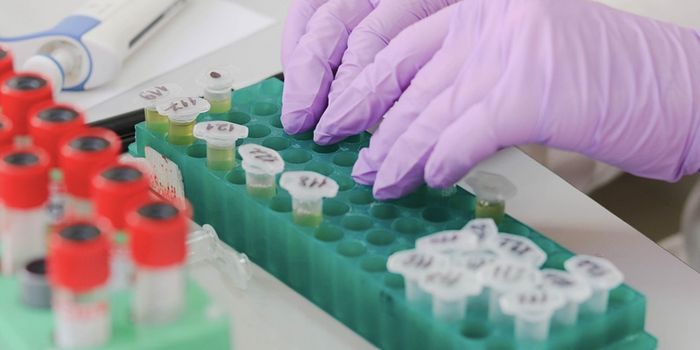Biosignatures detect TB infections months before symptoms appear
What if there was a test that could detect tuberculosis up to six months before symptoms appear? Researchers at the University of College London think a predictive diagnostic tool like this might soon become a reality, thanks to their work looking into gene expression patterns in the blood.
Tuberculosis, or TB, is caused by a slow-growing bacteria called Mycobacterium tuberculosis. This infectious pathogen thrives in oxygen-rich areas of the body, particularly the lungs, and is spread as coughs or sneezes propel it into the air. Immunocompromised people and those who live and work in crowded places such as healthcare facilities and prisons are especially at risk of contracting TB.
Diagnosis typically involves a tuberculin skin test to identify TB’s asymptomatic latent version. On the other hand, patients presenting with a persistent cough, fatigue, swelling of the lymph nodes or shortness of breath are likely to have the active form. This group is typically subjected to chest X-rays and sputum tests before physicians can make a positive TB diagnosis.
Globally, TB infections are among the top 10 causes of death, with the World Health Organization estimating that 10 million people contracted the disease in 2018. While it’s a condition that is preventable and treatable, a more accessible and reliable diagnostic remains to be developed.
Lead researcher Rishi Gupta hypothesized that mRNA biosignatures in patient blood samples could hold early, presymptomatic diagnostic clues, making them more valuable than traditional sputum samples. In research published in The Lancet Respiratory Medicine, Gupta and colleagues performed their analysis on genetic data collected from over 1000 blood samples, obtained from infected and healthy residents of South Africa, Ethiopia, The Gambia, and the UK.
The team narrowed down potential mRNA candidates to a panel of 17 genes, which appeared to be consistently differentially expressed in TB-infected people over healthy controls.
Speaking on the significance of their findings, Gupta said: "The emergence of gene expression signature tests, which can aid diagnosis and early treatment, provides real hope for the management of infectious diseases. In this study we identify multiple signatures to identify the onset of tuberculosis, which is extremely encouraging, potentially providing multiple targets for early detection.”
This is the first step towards a diagnostic blood test that could curtail the spread of TB, enable early antibiotic treatment interventions and prevent unnecessary deaths.
Sources: Eurekalert, The Lancet Respiratory Medicine.









